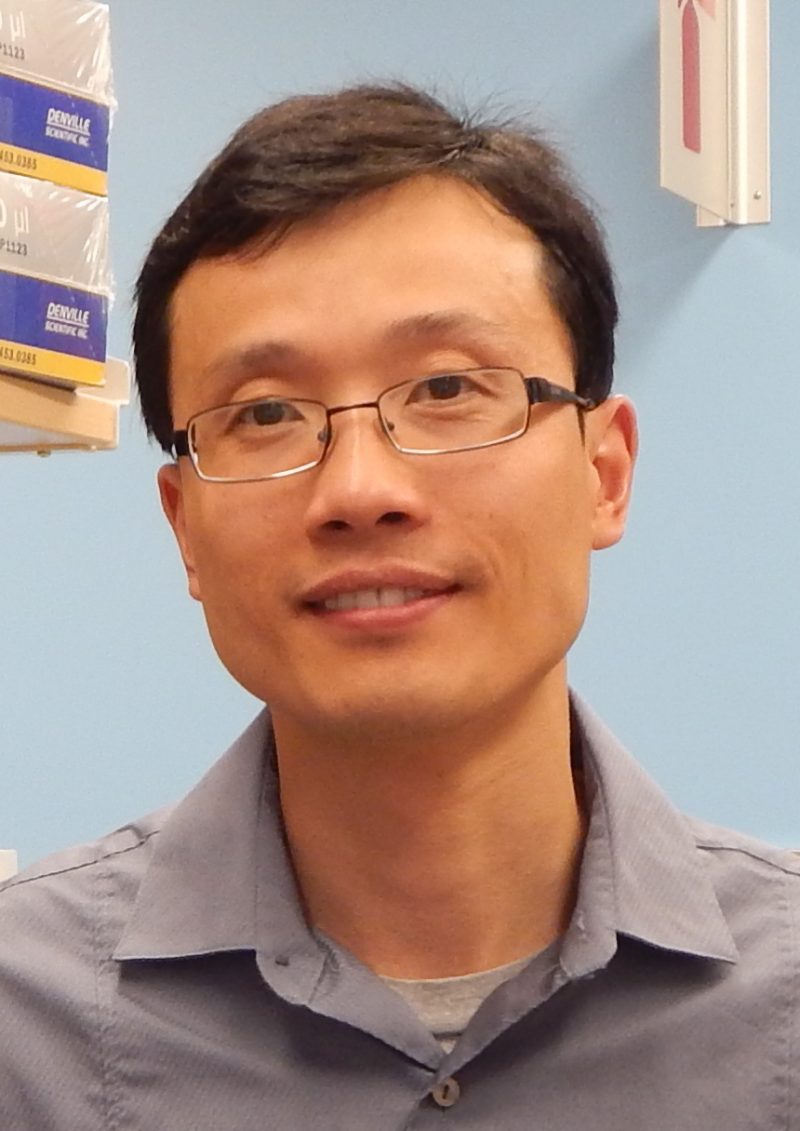

Lei Ding
Lei Ding completed his undergraduate studies at Peking University, and earned a Ph.D. at the University of Colorado, Boulder, where he worked with Min Han. He was a postdoctoral fellow in Sean Morrison’s laboratory at the University of Michigan and The University of Texas Southwestern Medical Center. He joined the faculty of Columbia University in 2013.
A lifelong supply of blood and immune cells depends on self-renewing hematopoietic stem cells (HSCs). How HSCs self-renew is a fundamental question with broad implications for understanding development, regeneration, cancer and aging of the blood system. HSC self-renewal is regulated by cell-intrinsic and -extrinsic mechanisms. The Ding laboratory is interested in these mechanisms, particularly extrinsic mechanisms that regulate blood-forming HSC self-renewal and maintenance. Prior work has identified bone marrow perivascular mesenchymal stromal cells as a critical component of the niche.
Ding’s group is studying the extrinsic regulation of HSCs in three distinct, yet closely related, areas: 1) regulation of bone marrow perivascular mesenchymal stromal cells; 2) the cellular component of the fetal liver HSC niche; and 3) the contribution of the niche to the pathogenesis of hematological diseases. They are in the process of characterizing several candidate factors that may regulate the fate of bone marrow perivascular stromal cells. They are also elucidating the roles of several candidate niche cell types in fetal livers. In addition, their data suggest that bone marrow mesenchymal stromal cells are critical contributors to a hematopoietic malignancy, myelofibrosis, providing a cellular target to better treat the disease. HSC-based bone marrow transplantation is widely used in clinics to treat hematological diseases. Ding and his team hope to apply their knowledge to better harness the power of HSCs.